SD 22 Calendar 2025: A Comprehensive Guide
Related Articles: SD 22 Calendar 2025: A Comprehensive Guide
- Google Calendar 2025: A Comprehensive Guide To Planning And Organization
- F1 Calendar 2025: A Comprehensive Overview
- July 2025 Calendar Holidays
- Calendario 2025 Marzo
- December 2025 Calendar (Kalnirnay)
Introduction
With enthusiasm, let’s navigate through the intriguing topic related to SD 22 Calendar 2025: A Comprehensive Guide. Let’s weave interesting information and offer fresh perspectives to the readers.
Table of Content
Video about SD 22 Calendar 2025: A Comprehensive Guide
SD 22 Calendar 2025: A Comprehensive Guide
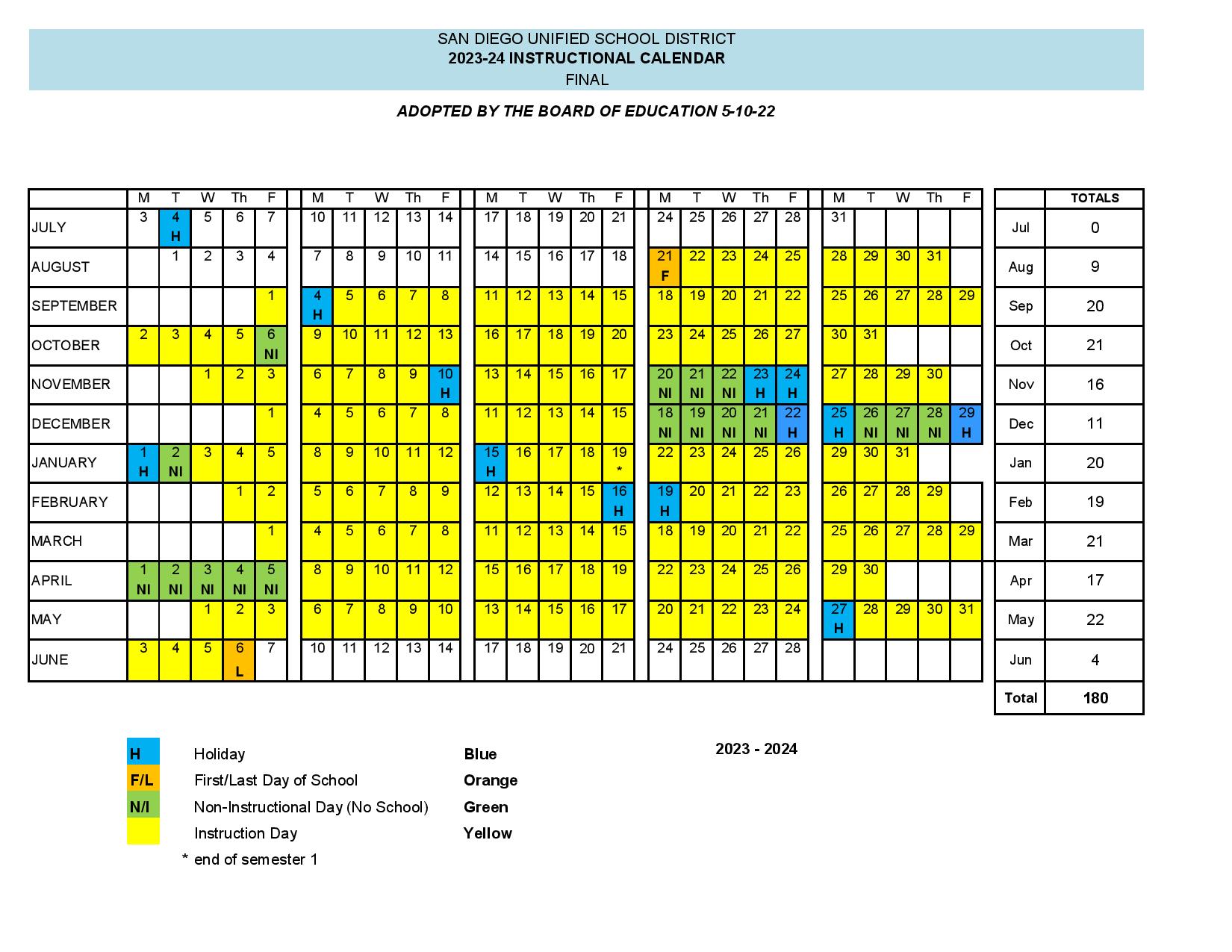
The SD 22 Calendar, also known as the Solar Dynamics Observatory 22 Calendar, is a specialized calendar designed to provide accurate and detailed information about solar activity. It is widely used by scientists, researchers, and enthusiasts in the field of solar physics to plan and schedule observations, research activities, and data analysis.
The SD 22 Calendar is based on the synodic rotation period of the Sun, which is approximately 27 days. This means that the Sun takes about 27 days to complete one full rotation on its axis, as seen from Earth. The calendar is divided into 27 Carrington Rotation (CR) periods, each of which is named after the British astronomer Richard Carrington, who first observed and cataloged sunspot groups in the 19th century.
Structure of the SD 22 Calendar
The SD 22 Calendar is structured as follows:
- Year: The year is divided into 12 months, each consisting of 27 CR periods.
- Month: Each month is named after a constellation through which the Sun passes during that month.
- CR Period: Each CR period is numbered from 1 to 27, starting with the first day of the month.
- Day: Each day is numbered from 1 to 27, starting with the first day of the CR period.
Key Features of the SD 22 Calendar
The SD 22 Calendar provides a wealth of information about solar activity, including:
- Sunspot Numbers: The calendar includes daily sunspot numbers, which are an indicator of the level of solar activity.
- Solar Flares: The calendar lists the occurrence of solar flares, classified according to their intensity (A, B, C, M, and X).
- Coronal Mass Ejections (CMEs): The calendar provides information about CMEs, which are large clouds of charged particles ejected from the Sun’s corona.
- Geomagnetic Storms: The calendar includes information about geomagnetic storms, which are disturbances in Earth’s magnetic field caused by solar activity.
- Solar Eclipses: The calendar lists the dates and times of solar eclipses, both total and partial.
Using the SD 22 Calendar
The SD 22 Calendar can be used for a variety of purposes, such as:
- Planning Observations: Scientists and researchers can use the calendar to plan and schedule observations of solar activity, such as sunspot groups, solar flares, and CMEs.
- Data Analysis: The calendar provides a timeline of solar activity, which can be used to analyze data and identify trends and patterns.
- Education and Outreach: The calendar can be used as a teaching tool to educate students and the public about solar activity and its impact on Earth.
Accessing the SD 22 Calendar
The SD 22 Calendar is available online through various sources, including:
- NASA’s Space Weather Prediction Center: https://spaceweather.com/
- National Oceanic and Atmospheric Administration (NOAA): https://www.swpc.noaa.gov/
- Solar Dynamics Observatory: https://sdo.gsfc.nasa.gov/
Conclusion
The SD 22 Calendar is an invaluable resource for anyone interested in solar activity and its impact on Earth. It provides a comprehensive and up-to-date overview of solar events, making it essential for scientists, researchers, and enthusiasts alike. By utilizing the SD 22 Calendar, users can effectively plan observations, analyze data, and gain a deeper understanding of the dynamic nature of the Sun.
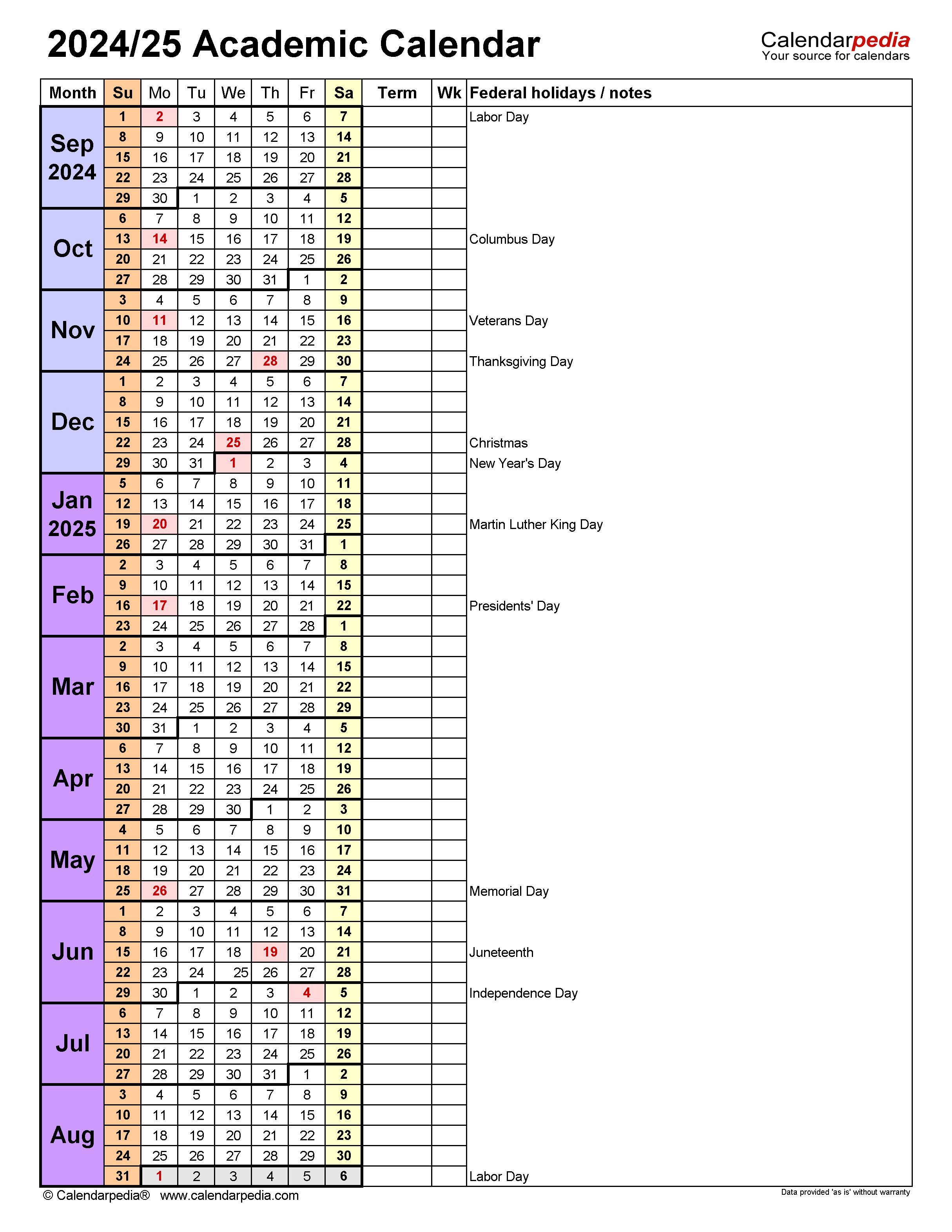
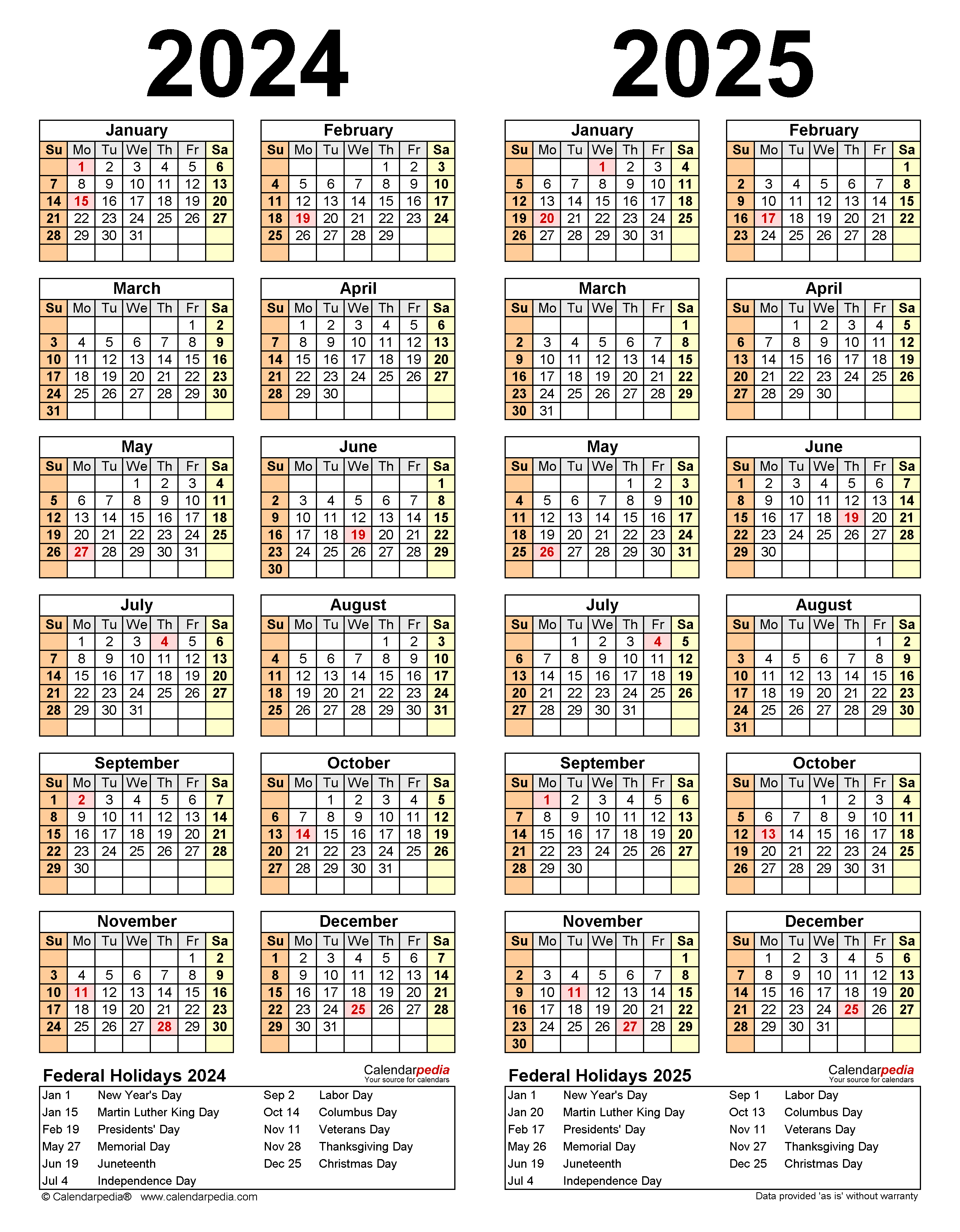
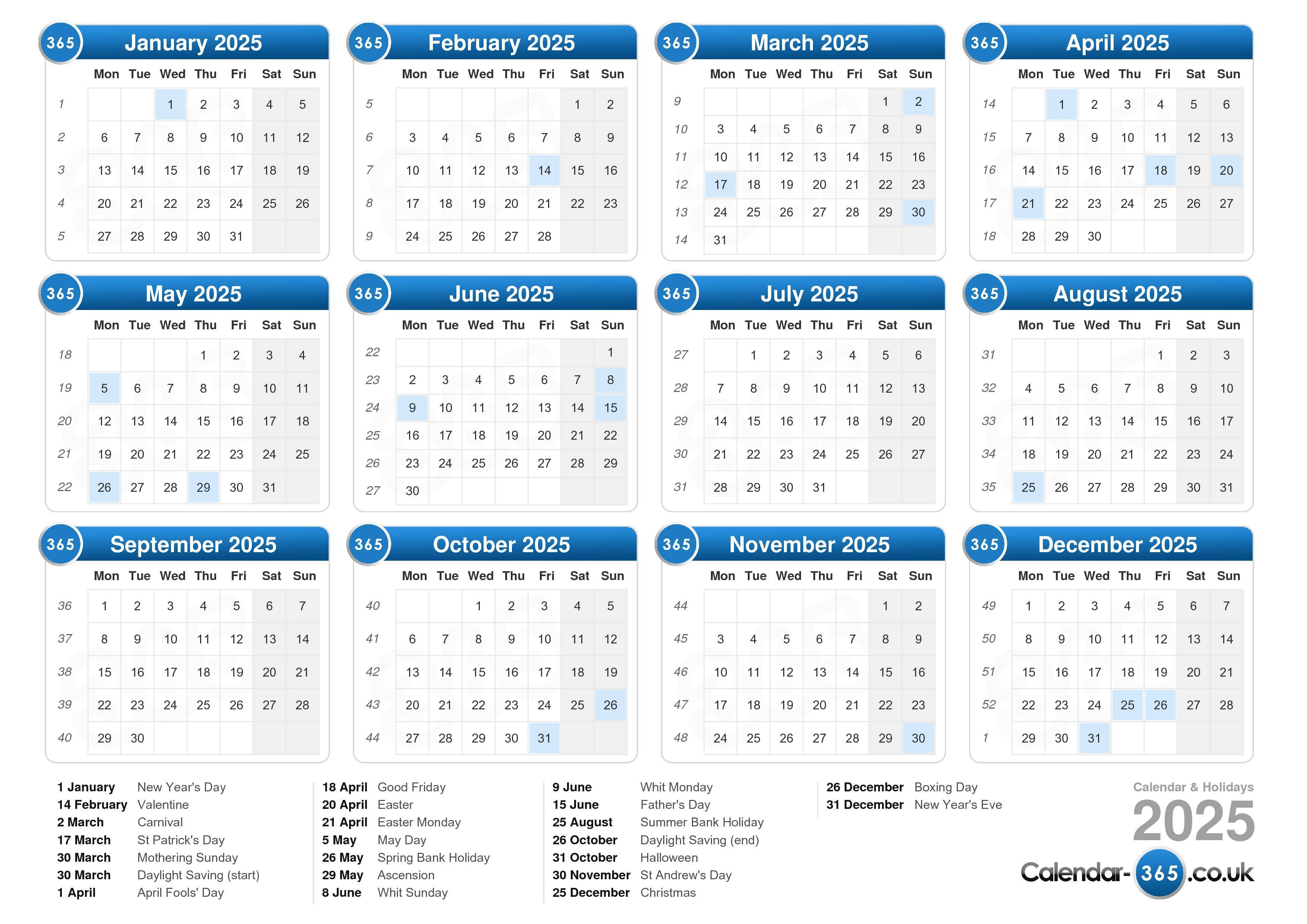
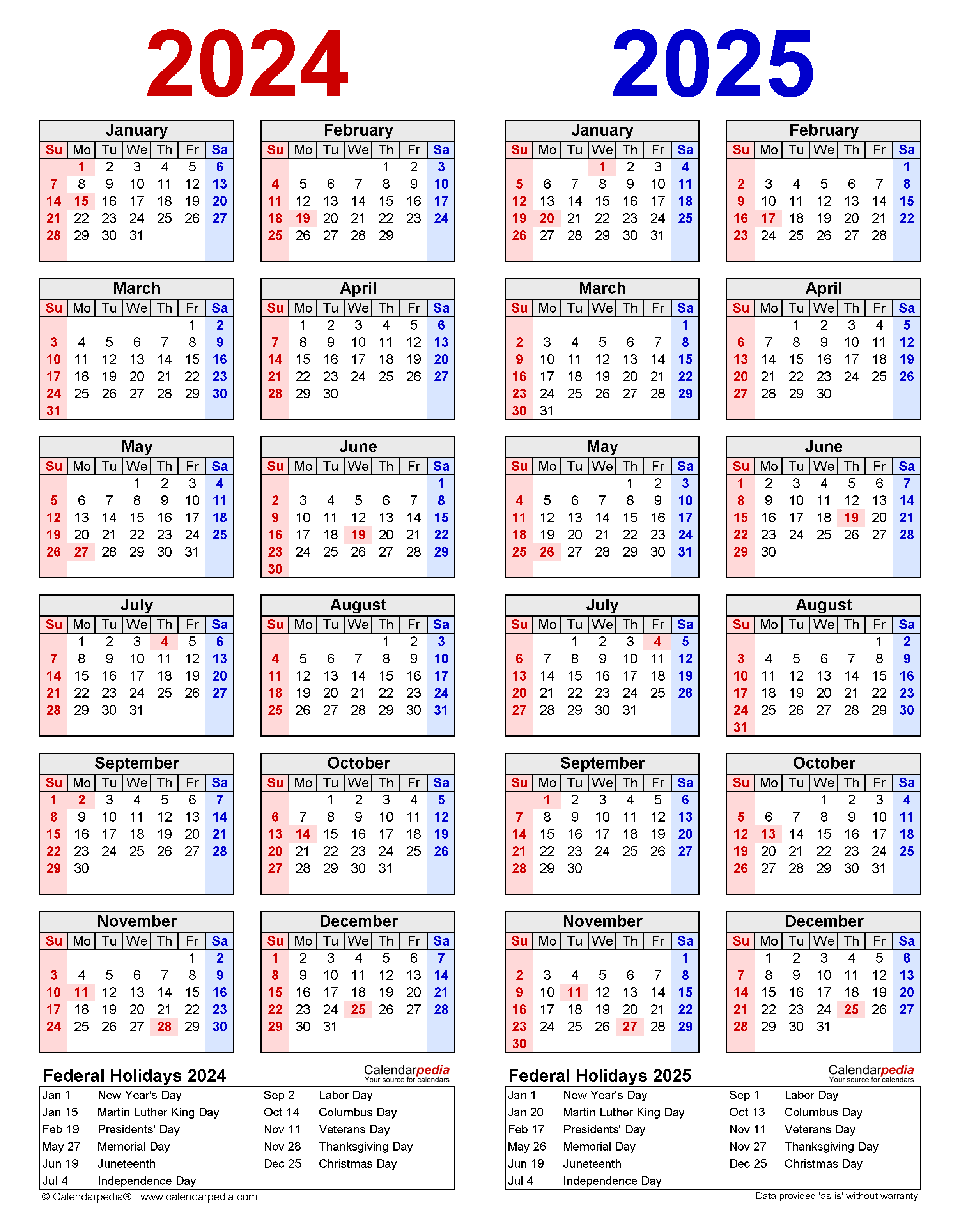
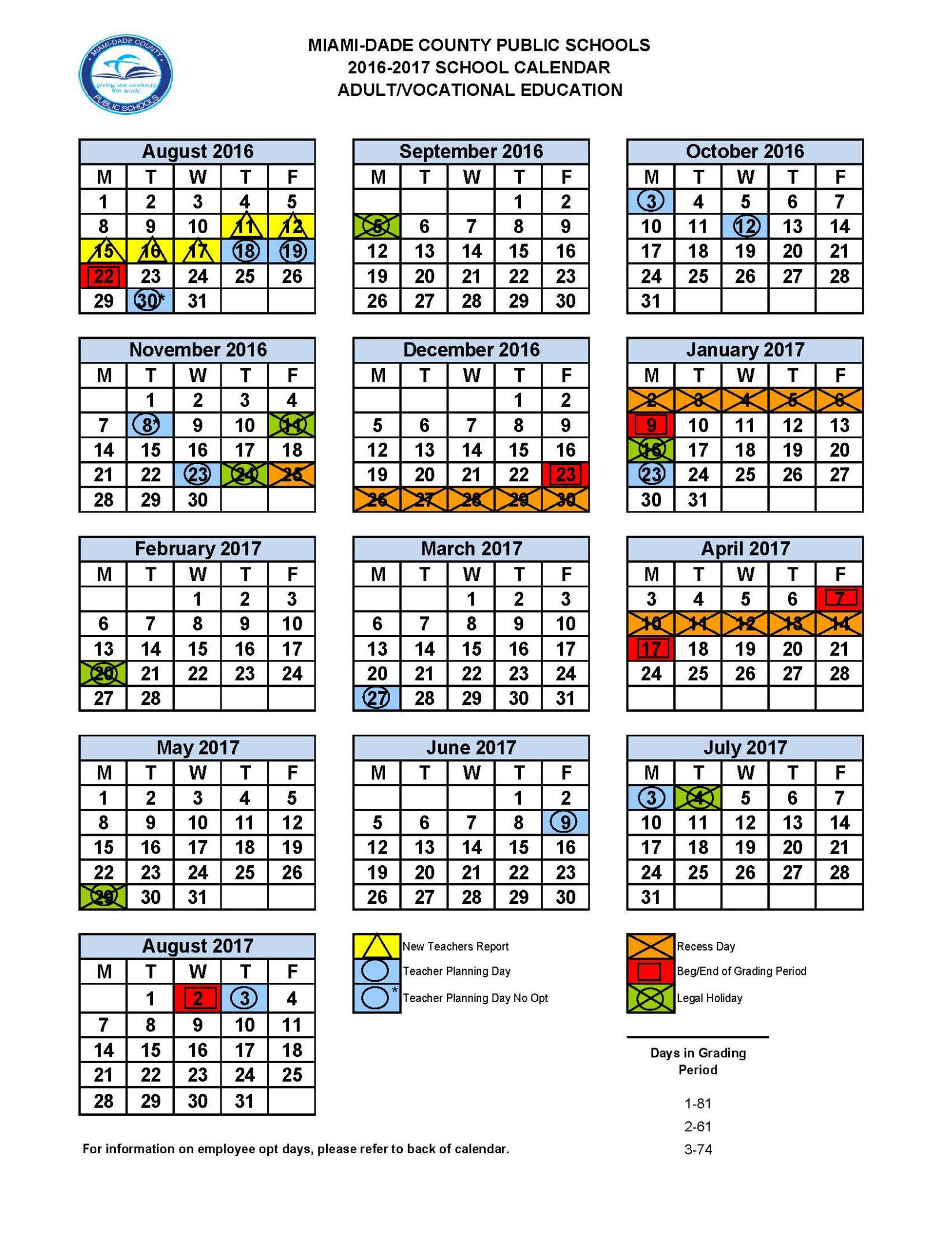
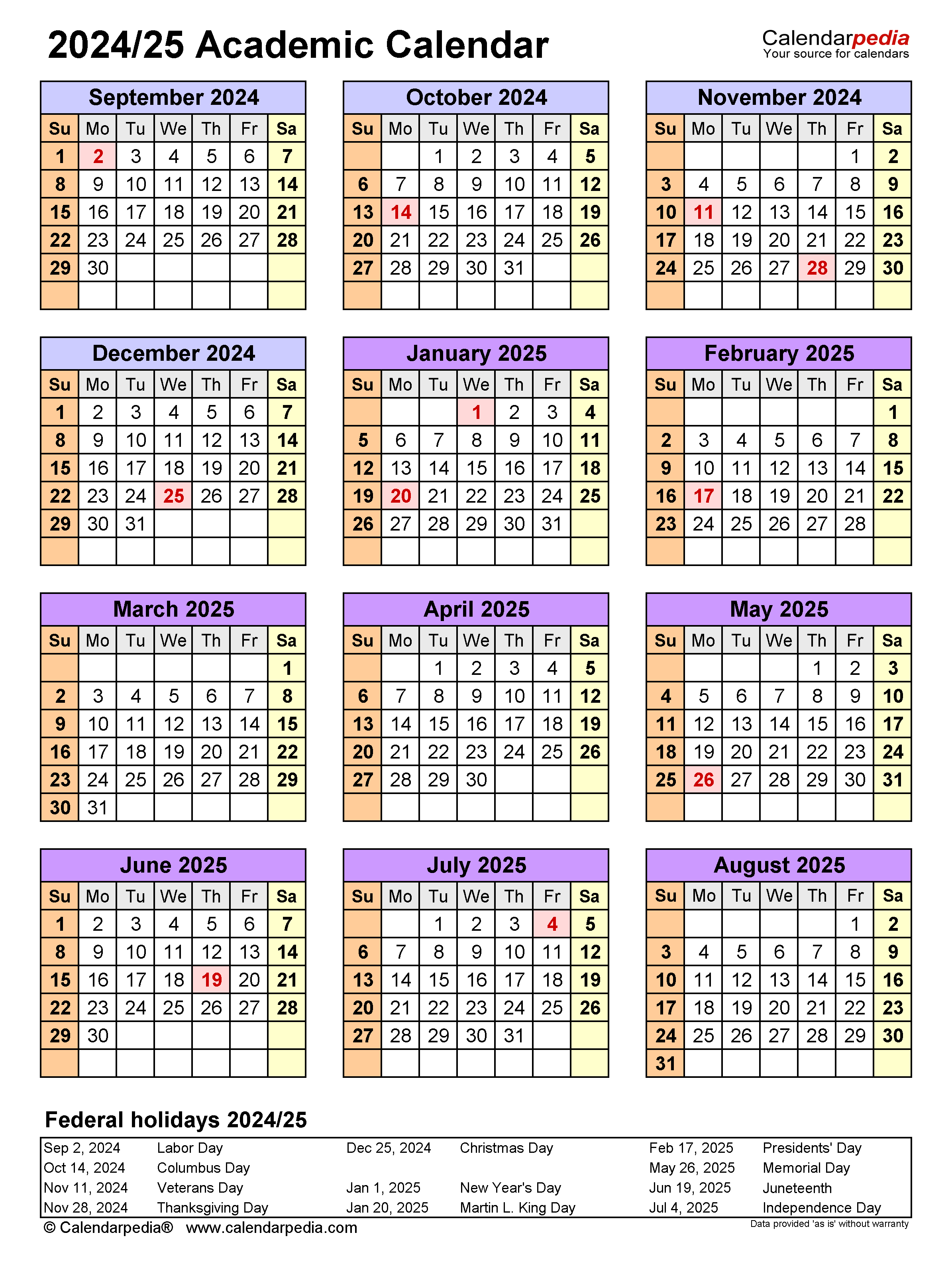
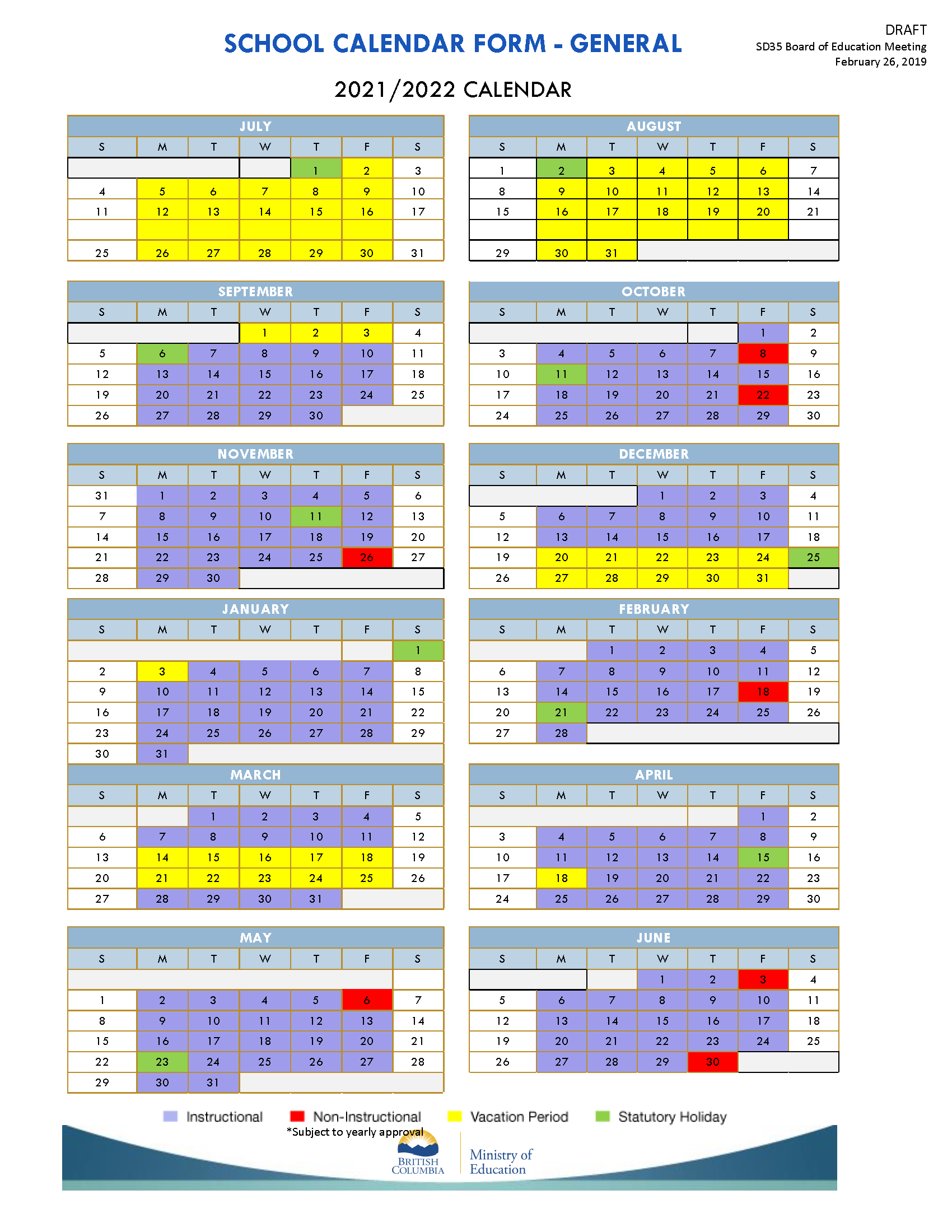

Closure
Thus, we hope this article has provided valuable insights into SD 22 Calendar 2025: A Comprehensive Guide. We thank you for taking the time to read this article. See you in our next article!